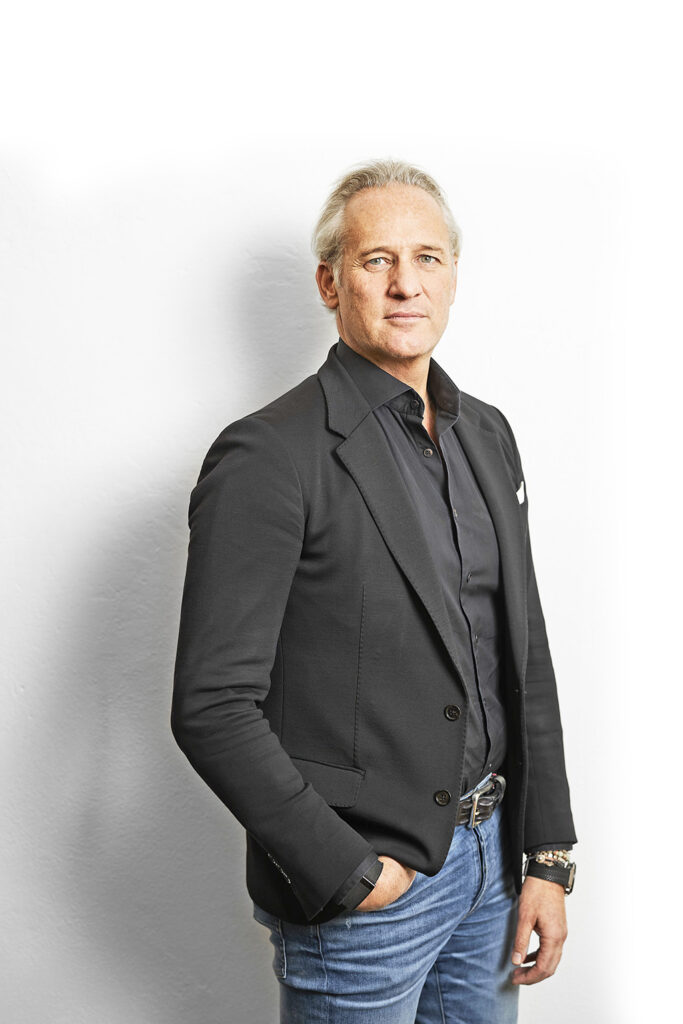
From sales of Euro 19 million and a team of 25 employees in 2011, the HENN Connector Group (HCG) has grown multi-fold into a Euro 140 million conglomerate with 560 employees in just 11 years under the leadership of its new owner and CEO Martin Ohneberg. Today, the HENN Connector Group is known and respected as a top global player and a pioneer in high-tech connection systems, which develops highly innovative, smart product solutions for customers from numerous industries around the world. The company has recently entered the Indian market which it considers as a market of strategic importance for the future. N. Balasubramanian spoke to Martin Ohneberg in an engaging and exclusive interview
Let’s start with your acquisition of HENN a decade ago. What motivated you to make the move?
I bought HENN 11 years back, in 2011. I started my career with Ernst and Young, which gave me a good understanding on the financial side. I then established a start-up in the sector of online auctioning and acquired a water bottling company in Bulgaria that is still doing well. It was always my big dream to become an entrepreneur. In 2008-09, during the financial crisis, HENN was up for sale. Of course, there were many bidders, but I gained the owner’s confidence that I would not be just a financial investor but would try and grow the company as a strategic investor. That is how I took over the company. At that time, HENN had sales of Euro 19 million with 25 employees. Today, together with our strong team, we have grown the company to HENN Connector Group with sales of Euro 140 million and 560 people with locations all over the world. I am happy with the way we have grown since I took over the company and have ambitious plans for the future.
Why HENN? What were the key factors that convinced you it would be a good company to buy?
When I bought HENN, I was happy to be a part of the automotive business which is the largest industry globally and also has a sort of emotional connect with people. From the due diligence we did on the company before the takeover, we understood that HENN’s coupling and crimping technology was at least three years ahead of what the competitors had. This was a very important factor because according to me, technology and innovation is the base for growth and development and so technological superiority was a key reason which made me invest in HENN. And also, the people working in the company were very passionate and committed. So the combination of technology, good people and a strong customer base was very appealing.
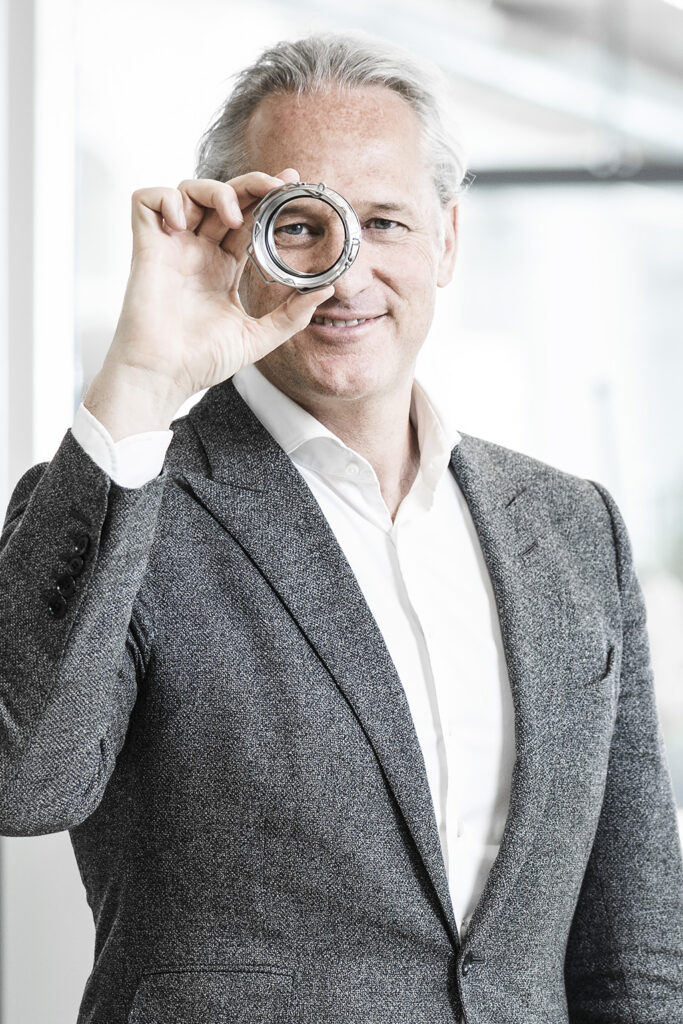
Coming to the customer base, it was mostly in Europe when I took over and so it was clear that if we had to develop the company, we had to globalise it. We opened offices in Japan, China, Korea, Brazil and France and have an agent in the US. The globalisation drive has been very successful and today, Asia is the largest business region for us with strong presence in key markets like China, Japan and Korea. It was clear that at a certain time we would also enter India which is a big and interesting market. I am fully convinced that India will have good growth in the future and HENN wants to be an active part of it.
Which other companies make up the HENN Connector Group?
Our focus at HENN was to make couplings out of metal and have a special system for the coupling and the crimping machine. We wanted to develop and grow the company both organically and inorganically. In 2018, we had an opportunity to buy one of our suppliers, UFT. It was a good strategic move because it enabled us to produce the parts ourselves and helped us become more independent. Then, we also wanted to expand our range of products into plastic parts which is why we bought TKW, an injection moulding company. These acquisitions helped us strategically diversify into plastic parts and other products on one side and also reduce our dependence on couplings.
TKW produces plastic safety parts for seatbelts and other applications, while UFT had other products. The acquisitions also added a new product technology – injection moulding – to our existing technology. In March 2020, we bought a company called Eisele which also focuses on couplings but is into other applications such as thermal management and serves some other types of industries. We also bought a company in China that is into injection moulding which helped us become local for local and so now we produce parts locally in China.
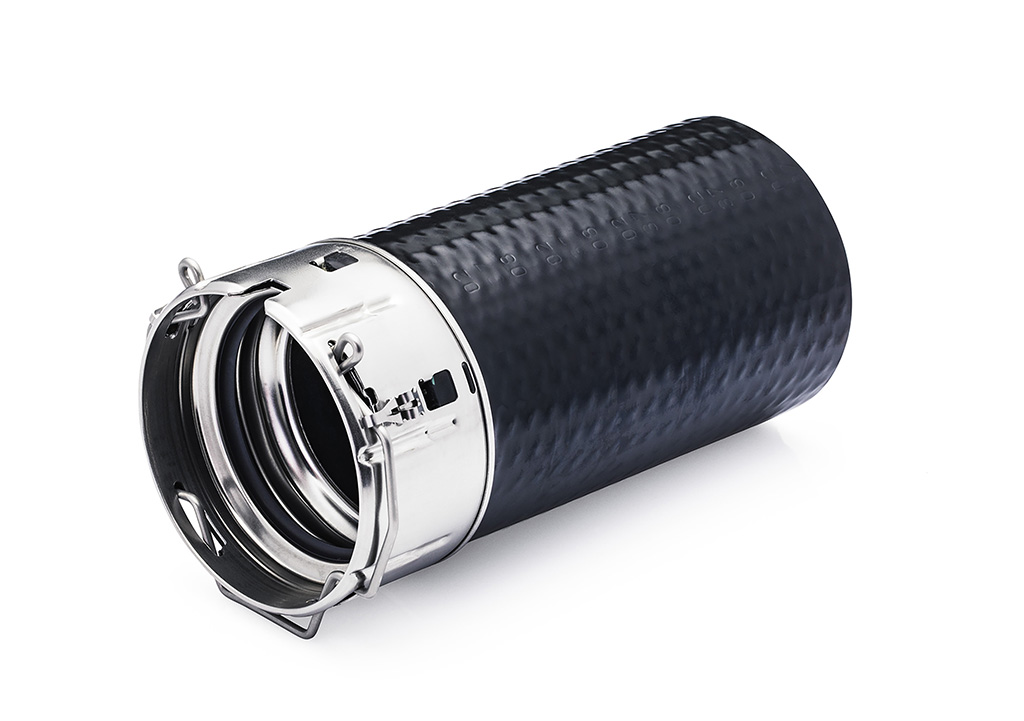
This year we bought a company that is into prototyping and 3D printing, specialising in metal, aluminium, steel and plastic. This is a really important development since the technology does not require any tooling and enables us to be much faster in prototyping which in turn cuts development time drastically. We believe that in the future we will be able to produce couplings for different applications through 3D printing for which the knowledge we gain from our new company’s 30 years of experience in the field will be valuable.
So, on the whole, our growth strategy includes diversification both vertically and horizontally. As part of the former, we entered into new applications in coupling within the automotive segment and as part of our horizontal expansion we got into automation, food and beverage, aerospace and other sectors. We have set ourselves a big goal – to reach a revenue target of Euro 800 million in 2035 – so this is what we are working towards. At present, around 80% of our business comes from automotive which we want to bring down to 35%. However, in absolute terms, we want to increase our revenue from the automotive sector to Euro 300 million.
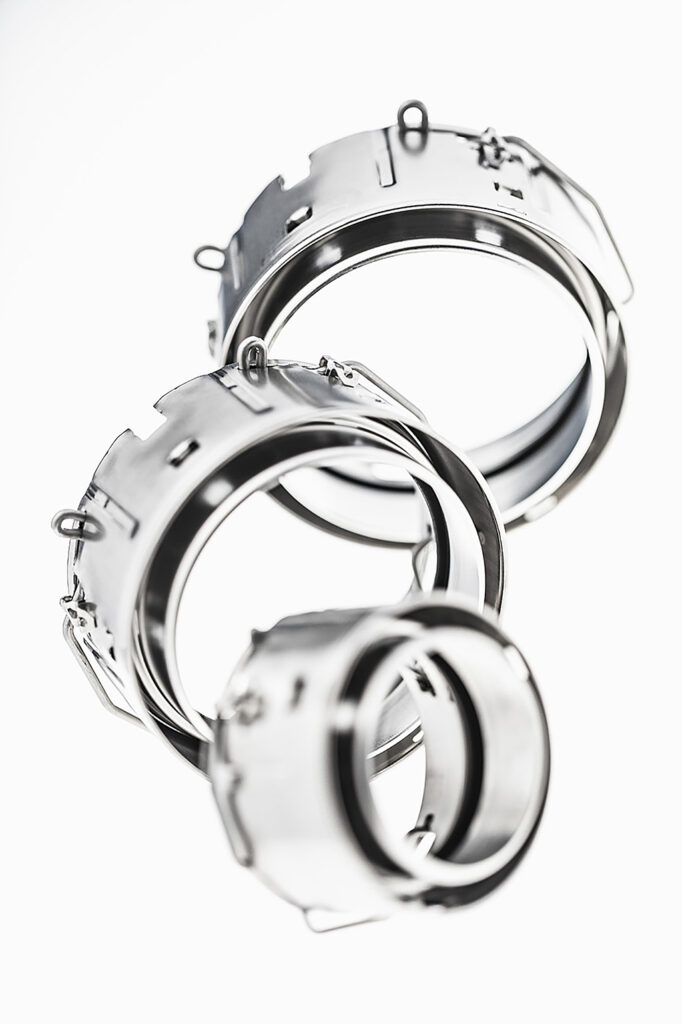
What is HENN’s roadmap for the Indian market? Strategically how important is India for HENN’s global ambitions and growth plans?
We are starting our business in India and will definitely look at setting up a production plant in India in the future. I am sure there will be good demand for our products for which we will localise our products. India is a big, interesting and high-growth market. Looking at the current global scenario, especially the relations between the West and Russia and the politics in China, India becomes even more interesting as a market. In India we have a good university system, good engineers, software developers, good progress in digitalisation, etc. but of course this is just the minority since there are many places where people are very poor. If India is able to increase the purchasing power of the people and invest in the right infrastructure and energy sources, it will have a lot of advantages. At least India has a big population and the average age of the population is much lower than in other countries.
I think the government and the people have realised what needs to be done and are doing things right. In the coming years, we will set up local production in India, especially for plastic injection moulding. We will do it by ourselves or through a joint venture partner. We have the right product, right technology and the right mindset for doing it. And of course, we also have an opportunity to export to countries in the region, especially those with which India has trade agreements in place. The Asian market is growing strongly and so it will be important for us to invest in Asia. How much we invest will depend on global market sentiments, feedback from customers and other factors. We want to develop the market at the right pace – not too fast, nor too slow. Over the next 2-3 years, we will make some investment in the Indian market.
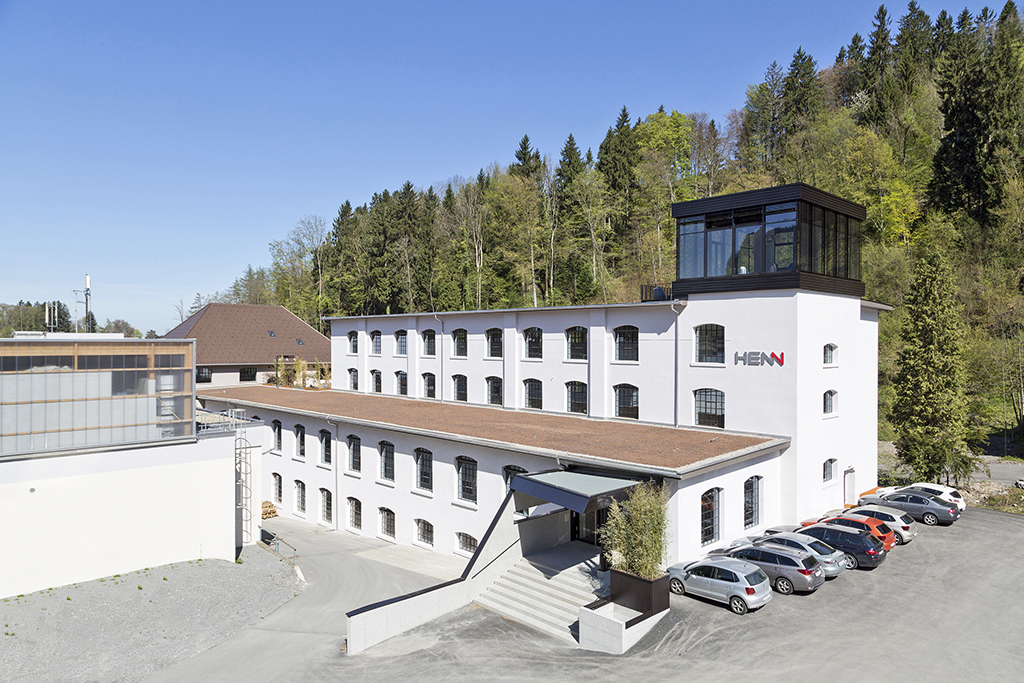
What are the key industry megatrends HENN would like to focus on?
Some of the key megatrends that are the key for HENN are thermal management, autonomous driving and CO2 reduction. If the world becomes warmer, we provide solutions for cooling which we believe will play an important role in the future. Urbanisation will move forward with an increasing use of cars and public transport. We are also offering solutions for railways and aerospace and so we have different applications for important industries for the present and also the future. The specialty of our products is that they are very innovative with a lot of focus on material, CO2 reduction and sustainability. We want to position ourselves not just as a provider of couplings but as a system supplier who can offer a complete solution that includes the product and the machine together.
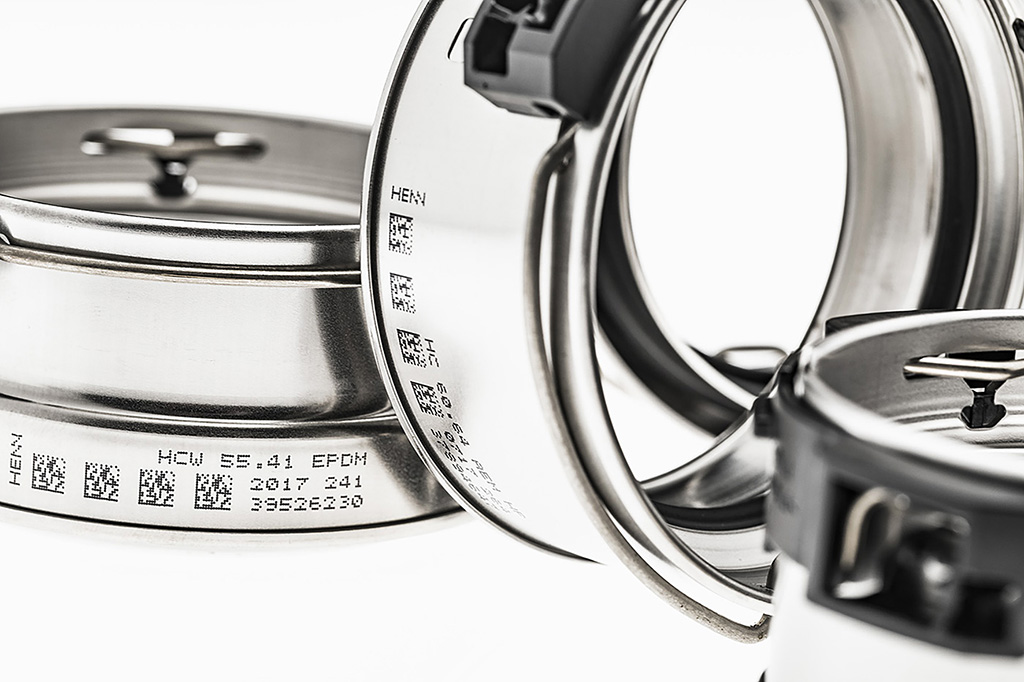
As far as vehicle combustion technology is concerned, electrification and fuel cells will be important. We have an interesting innovation and product development roadmap, especially for electrification. I would not say electrification is the only technology for the future because we do not know which direction the industry will take – at the end the customer will decide! So our strategy is to have an open-technology approach. We have applications for IC engines, turbochargers, electrification, fuel cells and hydrogen. Our top priority is to have the most innovative couplings and machines in the industry covering the widest range of applications. Another important aspect is the culture of our company. We want to focus on people because it is also a megatrend. We have been ranked 5th for Great Place to Work and 7th in Great Place for Millennials. Without people there is no trend. We want to treat people in a way they feel comfortable working with us and empower them to make fast decisions and be uncomplicated and innovative at work.